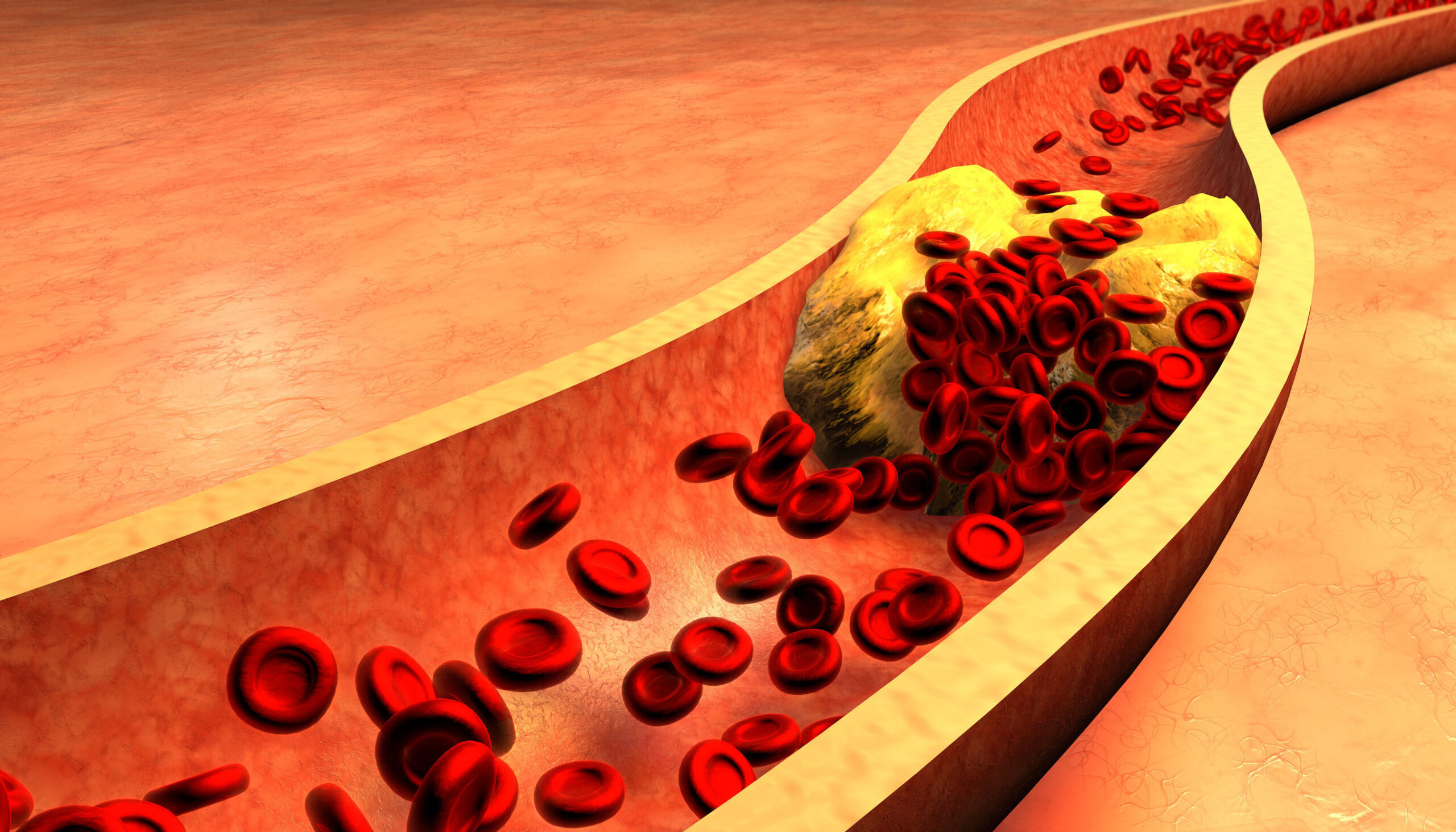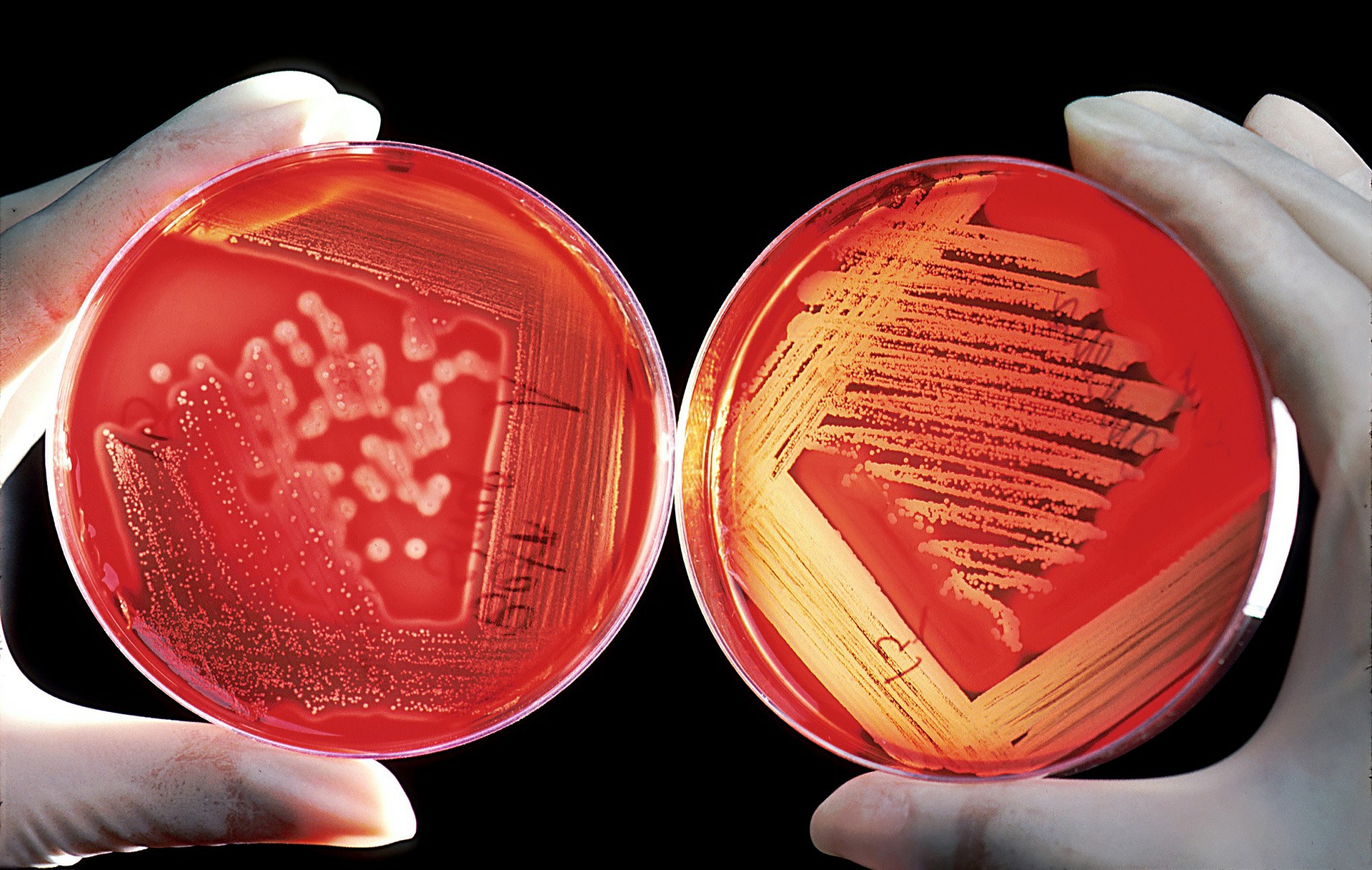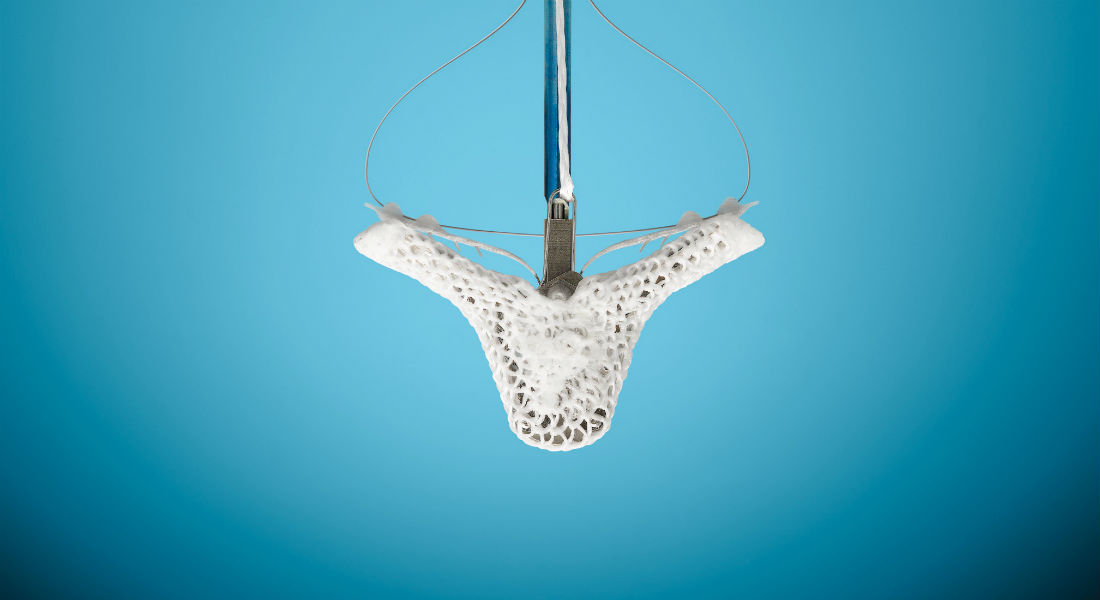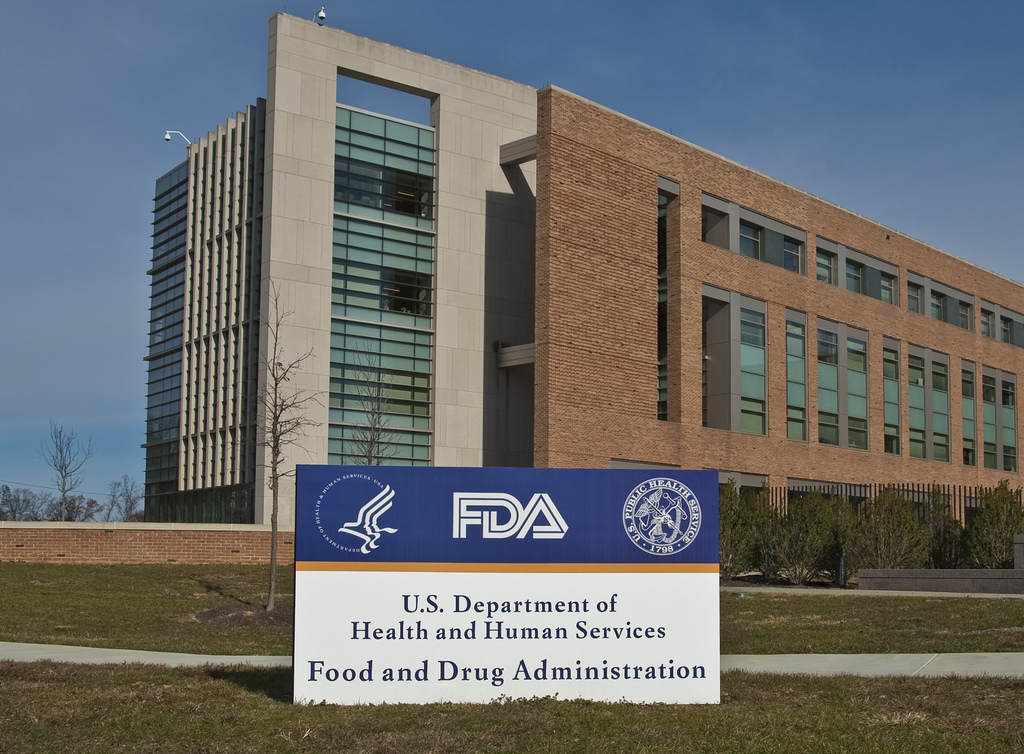American medical device company Edwards Lifesciences is recalling 757 cardiovascular balloons in the wake of three deaths and 22 complaints reported to the US Food and Drug Administration (FDA).
The IntraClude Intra-Aortic Occlusion Device is used to temporarily act as a patient’s heart and lungs as they undergo heart surgery. When functioning properly, the surgical team can assess the heart without interference from other organs. If the balloon bursts, the heart can warm up and fill with fluid, forcing the surgical team to insert an external clamp, switching to fibrillation, or changing the operation altogether. In the event of a rupture, the patient could be at risk for neurological damage, embolism, stroke and death.
Edwards Lifesciences had received at least 22 complaints from experienced surgeons about balloon ruptures that could have led to adverse health consequences; most patients did not experience significant harm.
More concerning are the three reported deaths. According to the FDA’s Manufacturer and User Facility Device Experience (MAUDE) database, one of the patients died from lack of oxygen to the brain while the other died from multi-organ failure several days after surgery. It’s unclear whether these patient deaths are directly caused by the Edwards Lifesciences device.
This latest recall adds to the company’s growing list of faulty cardiovascular medical devices. Since the beginning of 2019, three other Edwards Lifesciences devices have been recalled including a balloon, intended to enlarge the heart’s atria, that couldn’t deflate properly and an incorrectly assembled device that led to inaccurate measurements of blood pressure. The company had issued an urgent notice to users of IntraClude back in May, warning of the device’s defects.
As devices and pharmaceuticals enter the market at an unprecedented rate, critics wonder if the FDA is sacrificing safety for speed. According to research at the Yale University of Medicine, almost one-third of the drugs approved between 2001 and 2010 had “major safety issues” after they went to market.
Twenty-four medical devices have been recalled by the FDA since 2019. In an effort to improve transparency in medical device event reporting, the regulator decided to formally end an alternative reporting program, which allowed manufacturers to forgo individual events reports for a quarterly summary report. They also intend to make MAUDE more user-friendly and to improve surveillance procedures through other safety programs.
Device safety is also a priority for Health Canada, who will require hospitals to report medical device adverse events within 30 days of the incident beginning mid-December this year.
Currently, Edwards Lifesciences is still investigating the cause of the IntraClude Intra-Aortic Occlusion Device defect.












Join or login to leave a comment
JOIN LOGIN